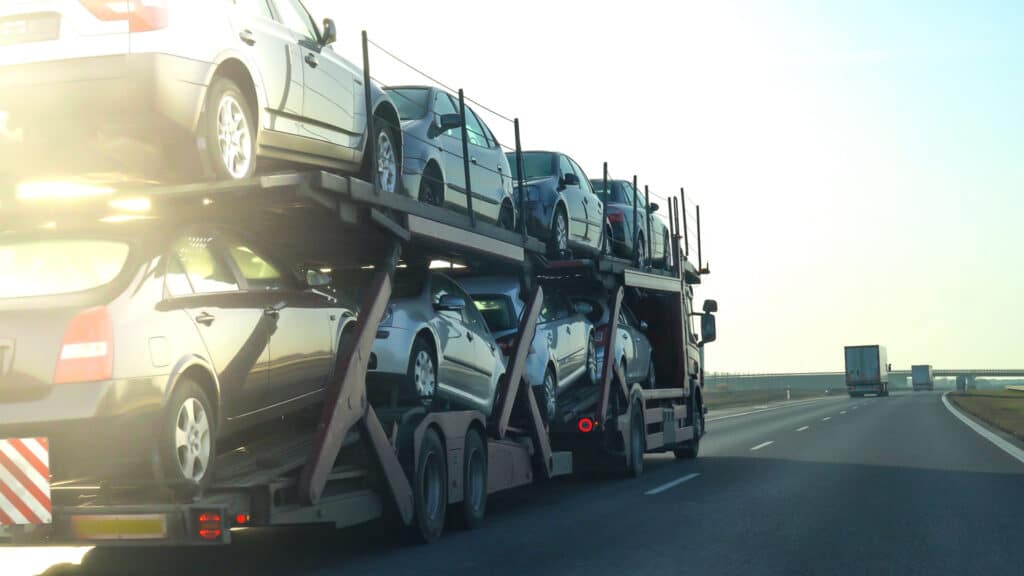Gray export from Kazakhstan: Russia reports decline in car deliveries

The volume of new car exports from Kazakhstan to Russia has dropped sharply. In the first five months of 2025, nearly 3.5 times fewer passenger cars were sold to the neighboring country than during the same period last year, according to Sergey Tselikov, co-founder and director of the Russian agency Autostat.
Car deliveries from Kazakhstan to Russia have been steadily declining. From January to May 2025, only 2,400 new passenger cars were exported, representing a 73% decrease compared to the same period in 2024 (8,800 units).
The export of used cars shows a similar trend. Since the beginning of the year, only 256 used cars have been brought into Russia from Kazakhstan, a 29% drop. This reflects a shift in consumer interest from more affordable used vehicles toward a growing market for brand-new cars.
Among the most popular brands exported from Kazakhstan to Russia are Kia (28%), Hyundai (27%) and Skoda (23%). The leading models are the Hyundai Tucson (561 units), Kia Sportage (529 units) and Skoda Kodiaq (463 units) — three SUVs that together account for nearly two-thirds of all car deliveries to Russia.
In 2023, 44,700 vehicles were exported from Kazakhstan to Russia, followed by 29,200 in 2024. At the same time, domestic auto dealers are reporting a sales boom. Between January and May 2025, new car sales in Kazakhstan increased by 29% year-on-year, with May setting a new monthly record.
Diversification of car delivery sources to Russia
Kazakhstan’s declining car exports to Russia are not due solely to growing domestic demand. Alternative logistics routes are also emerging. For example, 9,400 new cars were imported to Russia via Kyrgyzstan in the first five months of 2025. Although this figure is almost six times lower than last year’s, Kyrgyzstan remains the second most important route for car deliveries after China. It is a key source of brands such as Toyota, Geely and BMW.
According to analysts, Russian buyers are showing growing interest in direct imports from China, actively seeking special offers from official dealers. This trend has made the used car market less attractive.
Regulatory control in Russia hinders imports from Kazakhstan
Russian authorities have tightened rules governing car imports from Kazakhstan. To officially register a vehicle, traffic police now require an entry declaration, aimed at preventing underpricing and tax evasion. Previously, market participants could register a car to a legal entity in Kazakhstan, pay a 12% import duty, then re-register the vehicle to an individual before exporting it to Russia, bypassing the recycling fee. Authorities in Russia are now cracking down on such schemes.

